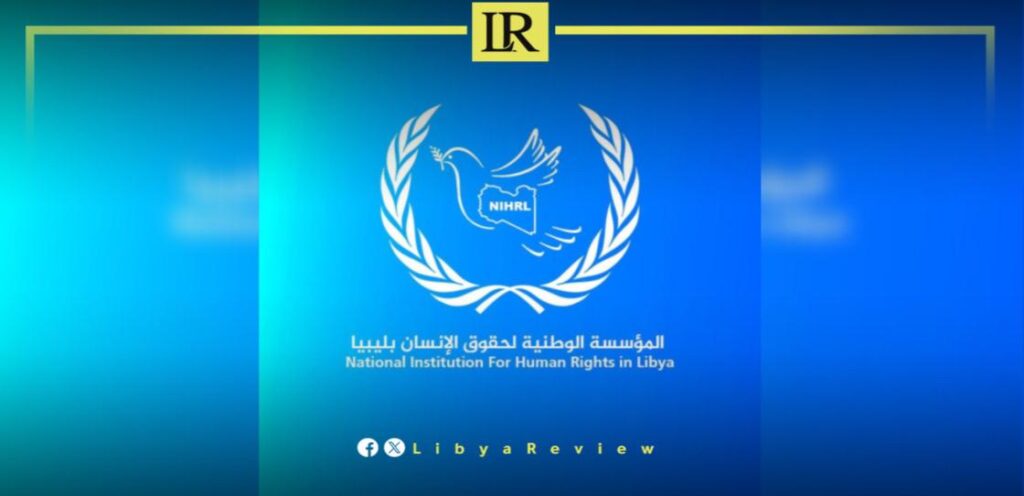The National Institution for Human Rights in Libya (NIHRL) has strongly criticised the Presidential Council’s recent decision to form a human rights committee without including national rights institutions. In a statement released this week, the organisation condemned what it described as a continued policy of marginalisation and exclusion by state authorities.
The criticism follows Presidential Council Decision No. 35 of 2025, which established a new committee to monitor the conditions of prisoners and detention centres across Libya. The rights body argued that the exclusion of both governmental and non-governmental Libyan human rights organisations undermines the credibility and effectiveness of such committees.
“The deliberate sidelining of national rights institutions weakens transparency, accountability, and the prospects for meaningful reform,” the organisation said. It added that addressing sensitive issues such as prison conditions requires collective national efforts and inclusion of all relevant stakeholders.
The statement further warned that previous committees formed under similar circumstances had failed to deliver genuine or lasting solutions. The organisation expressed concern that the current approach would only lead to “superficial recommendations” and “fabricated outcomes” rather than addressing the root causes of human rights violations.
The institution reaffirmed its commitment to working for the protection of human rights and the humane treatment of detainees. It called on the Presidential Council to reconsider its decision and to ensure that future committees include representatives from national human rights institutions.
“The absence of proper representation threatens not only the integrity of the committee’s work but also the public’s trust in state-led initiatives aimed at improving human rights,” the statement read.
The organisation concluded by urging all government entities to uphold transparency, national responsibility, and genuine partnership with rights groups to bring about real change in Libya’s human rights landscape.


